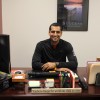 Rewind to May 2005. Physical Welfare director Joaquin Stephenson has just graduated from Northeastern University. There are families scattered all over the field that the graduation stage is placed upon. Suddenly, Stephenson has a terrifying thought: what if I can’t see my family? I’ve worked so hard for this… what if I’m not even able to see their reactions? To his relief, Stephenson had nothing to fear. His older brother Diego was holding his son, Diego Jr. on his shoulders. To Stephenson’s memory, Diego Jr. was only four years old at the time.
Rewind to May 2005. Physical Welfare director Joaquin Stephenson has just graduated from Northeastern University. There are families scattered all over the field that the graduation stage is placed upon. Suddenly, Stephenson has a terrifying thought: what if I can’t see my family? I’ve worked so hard for this… what if I’m not even able to see their reactions? To his relief, Stephenson had nothing to fear. His older brother Diego was holding his son, Diego Jr. on his shoulders. To Stephenson’s memory, Diego Jr. was only four years old at the time.
“I looked to my right, and there was Diego Jr. He was yelling, ‘Tio! Tio! We love you!’ It was the most beautiful thing I had ever seen.”
Being the first one in his family to go to college, walking across that graduation stage seven years ago wasn’t only a gratifying moment for him, but also for his family.
“It’s not about me being successful,” Stephenson said. “It’s about moving my family forward. I want my family to be able to say, ‘my brother did this, my uncle did this,’ etcetera. [Diego Jr] is gonna be on that stage one day, too.”
Growing up in Humble Park with a single mother and two older brothers, Stephenson was exposed to a violent environment of gangs and drugs. His mother, Maria Cordova, a certified nursing assistant, wanted to make sure that her three boys stayed active in order to avoid the negativity surrounding them, so she got them involved in baseball, which is a sport that Stephenson has been participating in since he was about five years old. Swimming was also an activity that he was a part of, but it was volleyball that made the biggest impact on his life.
In college, Stephenson wanted an outlet, so a few of his friends suggested trying out for the volleyball team. Never having played the sport before, Stephenson decided to just try it out since he’d always been a natural athlete.
“Man, I just loved volleyball,” he remembers, smiling.
Though volleyball was a spur-of-the-moment decision for him, it ended up being one of the defining moments in his life. Stephenson began student teaching at Schurz High School and found out that they were in need of a new volleyball coach. Granted, Stephenson was only experienced with playing the sport, not coaching it, so he became “a student of the game.” He began attending clinics, watching matches on TV, and reading books about it. The team was in a low division before he began coaching, so, naturally, he had a lot of work to do to get the Schurz volleyball team where he wanted them to be.
“As a coach, I had to get them at a level [where they could compete] against Lane Tech and Whitney Young, and the way I did that was through pure dedication. We practiced twice a day. School would start at eight, and we would practice from six to seven thirty.”
To some, that may seem a little ridiculous. No one wants to be awake that early, but Stephenson believes that a part of motivating students is the affect you have on them. Stephenson used interpersonal communication to get to know his team and be involved in their everyday lives.
“I had a distinct motivation style for each student. Because of our bond, they didn’t want to disappoint me, because they knew that I wouldn’t let them down,” he said.
Through his dedication, the Schurz boys’ volleyball team made it to the city championship, and received second place. Though the boys didn’t take the gold, Stephenson still feels that coaching the team is one of the biggest accomplishments in his life, because he affected young boys’ lives in a positive way.

Being the new physical welfare director, and being an avid athlete since he was 5 years old, it’s clear that sports have always been a big part of his life. His older brothers, Manolo and Diego also participated in sports. Diego is a “baseball fanatic,” according to Stephenson, and, like their brother, both men have turned out successful.
Stephenson’s family broke the stereotype of single mothers raising three boys in a less than ideal neighborhood. When asked if his mother was proud, his face lit up. “Well, lets give her a call!” he said enthusiastically.
The call went to voicemail, but on the second try, Ms. Cordova answered.
“Hi mommy,” Stephenson said, smiling.
Ms. Cordova went on to talk about how proud she is of her three boys.
“Parents try to raise their kids they best they can. I’m very proud,” she said.
The morals that his mother deeply ingrained in him have stuck with him even in his adult years. His mother taught him how important family is, and he still remains in constant contact with his brothers.
“In fact, tonight’s Diego Jr.’s birthday party,” Stephenson said, hardly able to contain his excitement.
Another very important thing that he was taught growing up was respect. As mothers often do when talking about their children, Ms. Cordova got a bit carried away in revealing stories of her beloved son’s past. It was all very good natured, and she happened to mention how they took a vacation to Mexico with some family friends over the summer many years ago, and Stephenson asked the father of a girl if he would be allowed to take her out. The father agreed, but on one condition: Stephenson was to help clean the house, to which he complied. That shows just how much respect he has not only for adults, but also for women.
“My mother always instilled respect,” he said. “She’ll stand before a door and wait for me to open it for her… We weren’t even allowed to watch “The Simpsons” because my mother didn’t approve of their morals and the messages in the show.”
Hard work was also an important factor that Stephenson was raised to acknowledge. Not only was he the first in his family to go to college, but he is currently working on getting his PhD.
“He’s been working since he was 13, first as an umpire, then later at a car wash,” Ms. Cordova said.
She went on to tell various stories about the bond that Stephenson has with his brothers. One of which was when Stephenson was working at the car wash. The weather was typical Chicago weather – cold and windy. Stephenson’s feet were soaking wet, and Diego noticed this, so he brought his younger brother some goulashes so that he wouldn’t get cold. Ms. Cordova prides herself on raising her boys to be close, and after gushing about her youngest son for several more minutes, the call was ended. By the end of the conversation, the impact that his brothers had on his life was evident on his face.
Talking about his brothers, Stephenson seemed as though he was no longer in the room answering questions for an interview; instead, he was in a different time. A time when he still lived with his brothers, and when his brothers were helping to raise him.
“My dad was never a strong influence in my life,” Stephenson remembered. His brothers, on the other hand, were more than just brothers to him.
“They always used to tell me not to worry about anyone beating me up, because they would take care of it. They would go around the neighborhood saying ‘don’t touch my brother.’ If I was hanging around outside, they would grab me and pull me inside. They really didn’t have to do all that… They stuck up for me, but they also made me fight my own battles. [It’s emotional for me because] my brothers have an equal part in where I am today because of the sacrifices that they made for me. I wouldn’t be here without them.”
Thanks to his brothers, Stephenson realized his dream of becoming a gym teacher, which he accomplished, and then later went on to be the director of physical welfare.
“In the beginning, I wanted to be an elementary school teacher,” Stephenson remembered. “I started working at Eerie Neighborhood House. I’ve always loved kids, and I used to observe the classes. One day, I decided to join them for gym, and I loved it. Everyone was so happy. In the classroom, all the kids were so bored, but I felt at home in the gym. I switched my major that day.”
Stephenson is where he is today not only because of his brothers, but also because of the constant love and support that his mother showed him, as well as a desire to succeed. Without his determination to make something of himself, Niles West would not have a Director of Physical Welfare or a role model – two titles that Stephenson proudly wears.



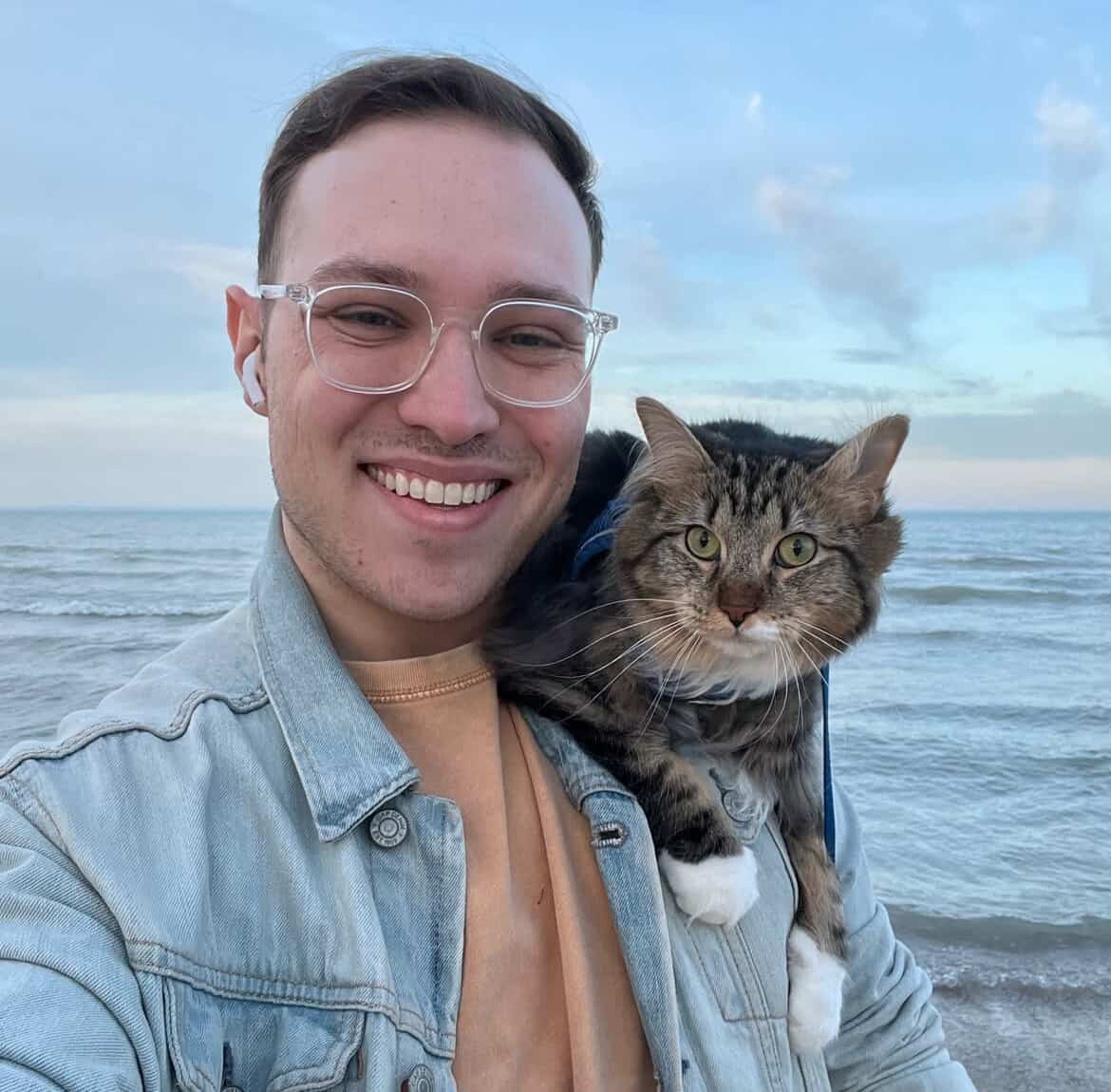
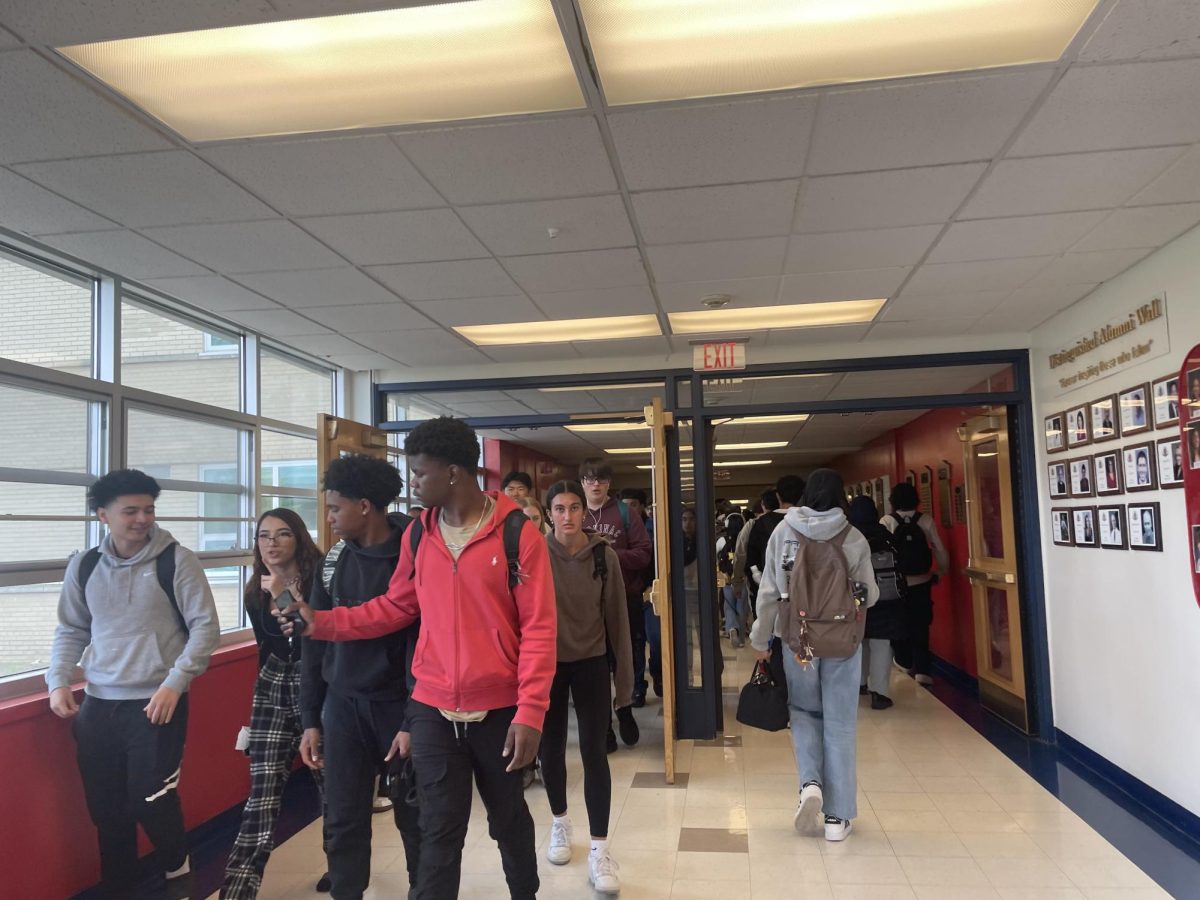
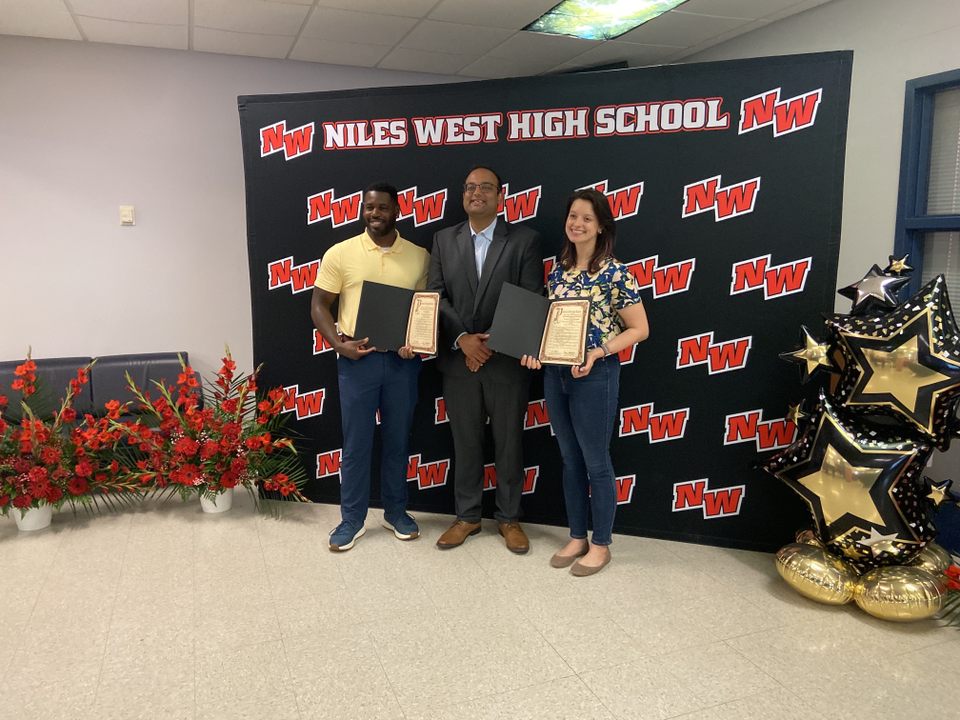
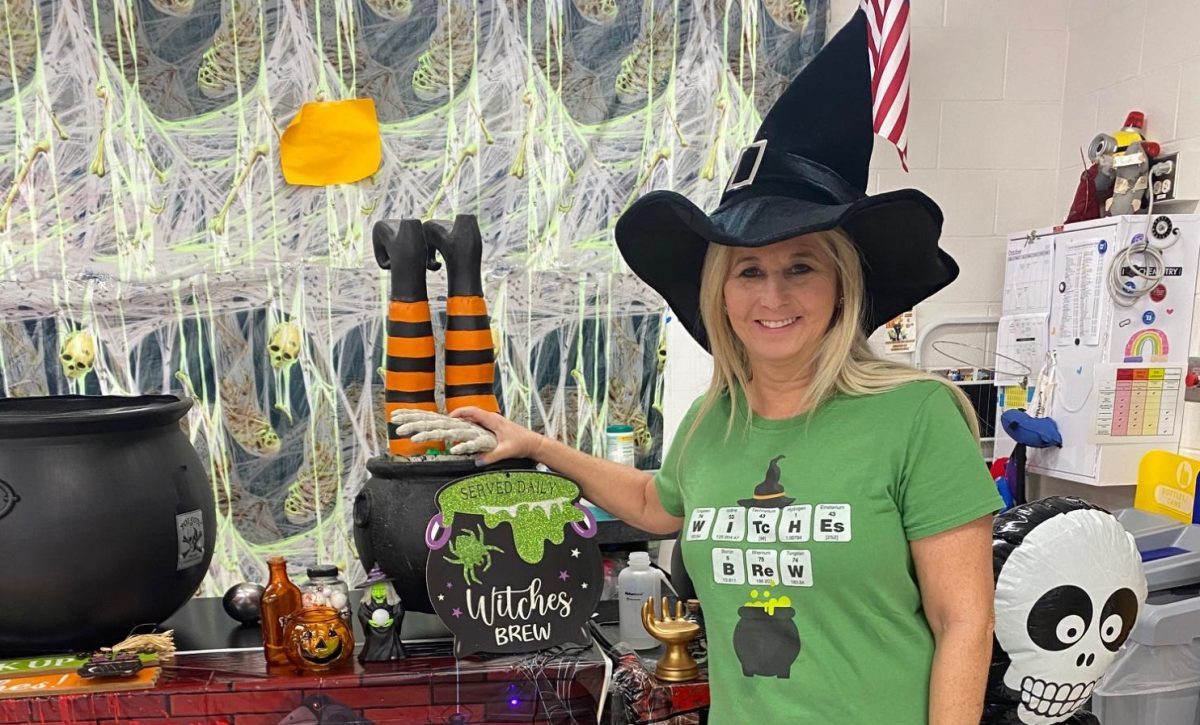
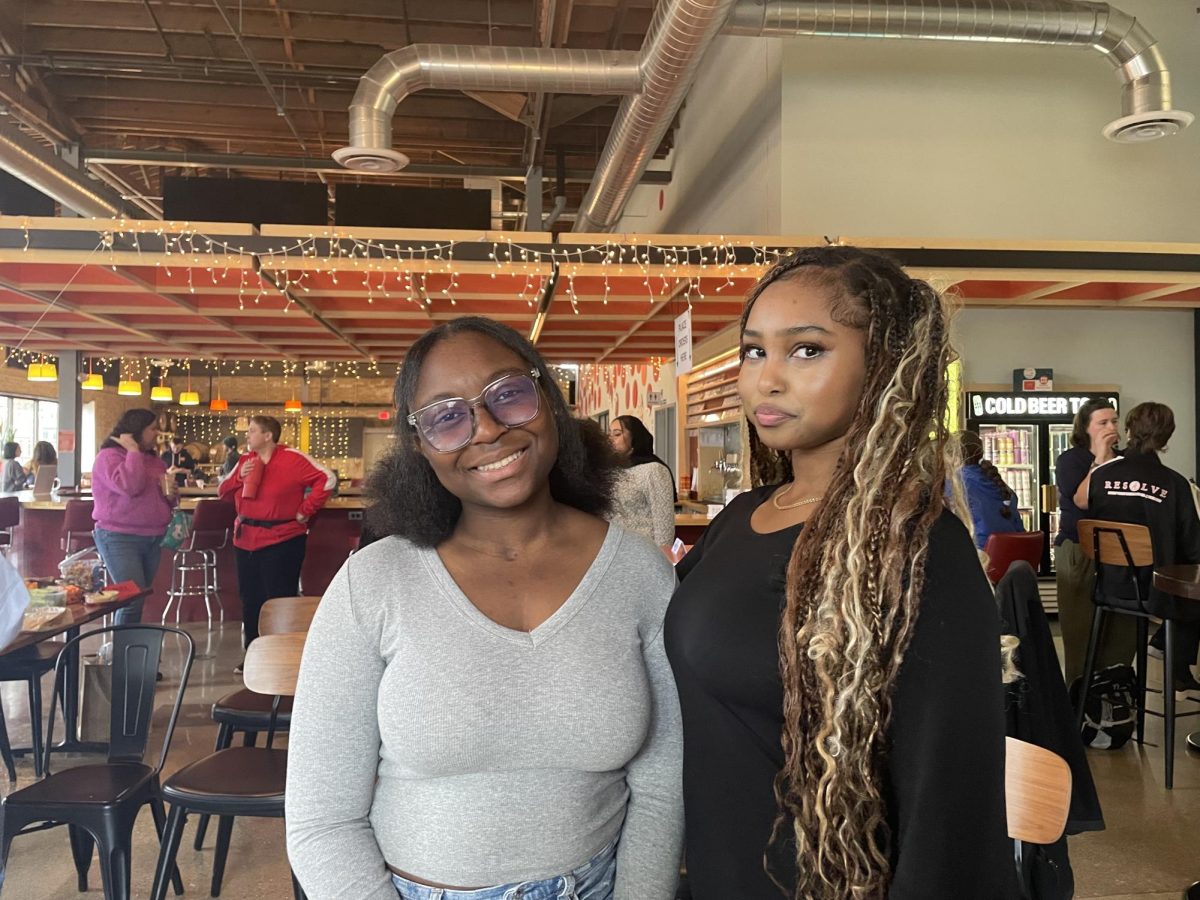
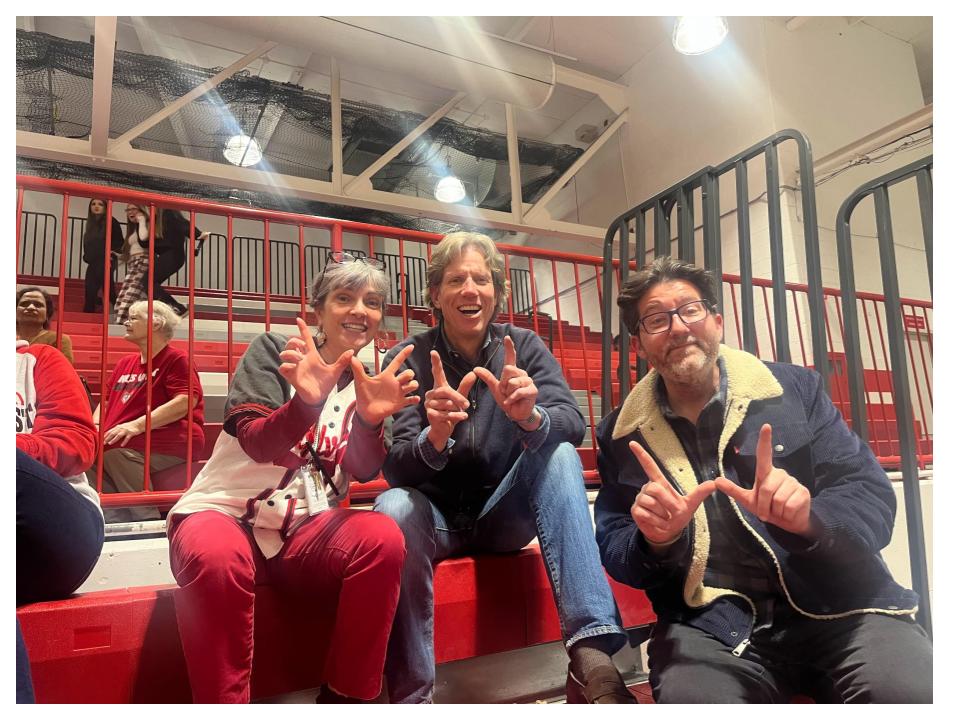

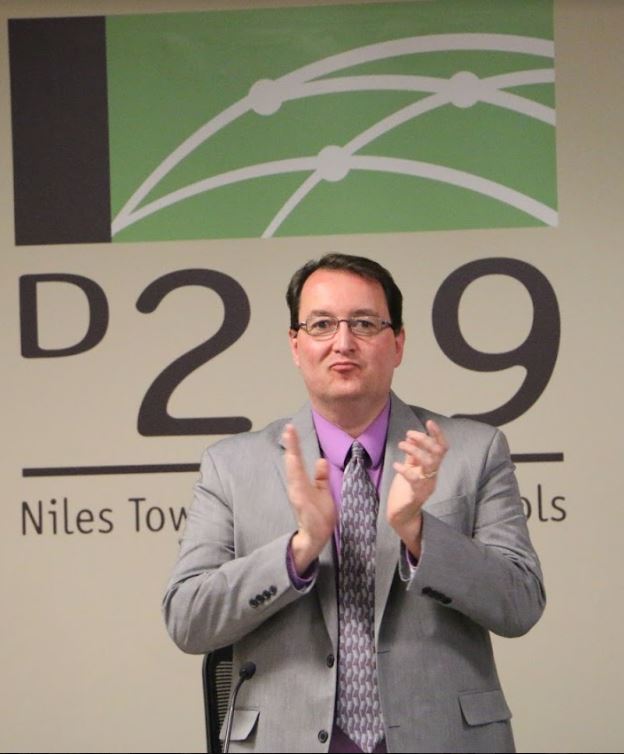
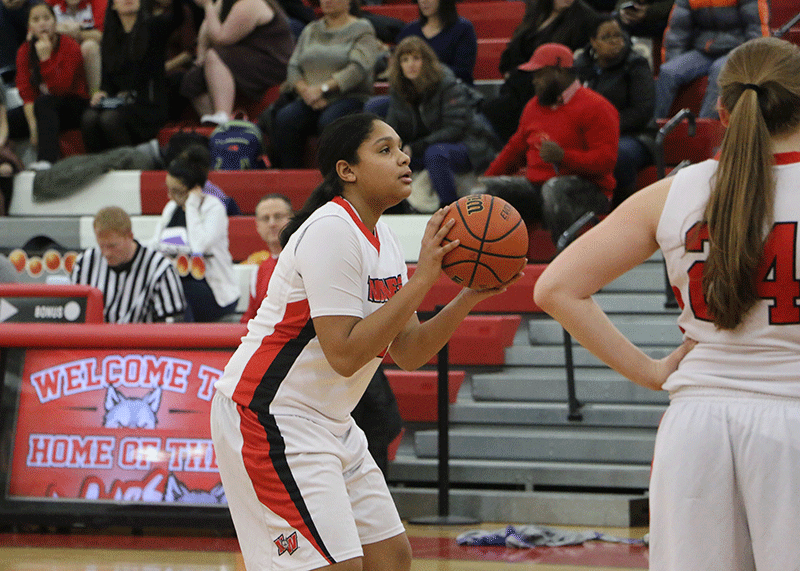
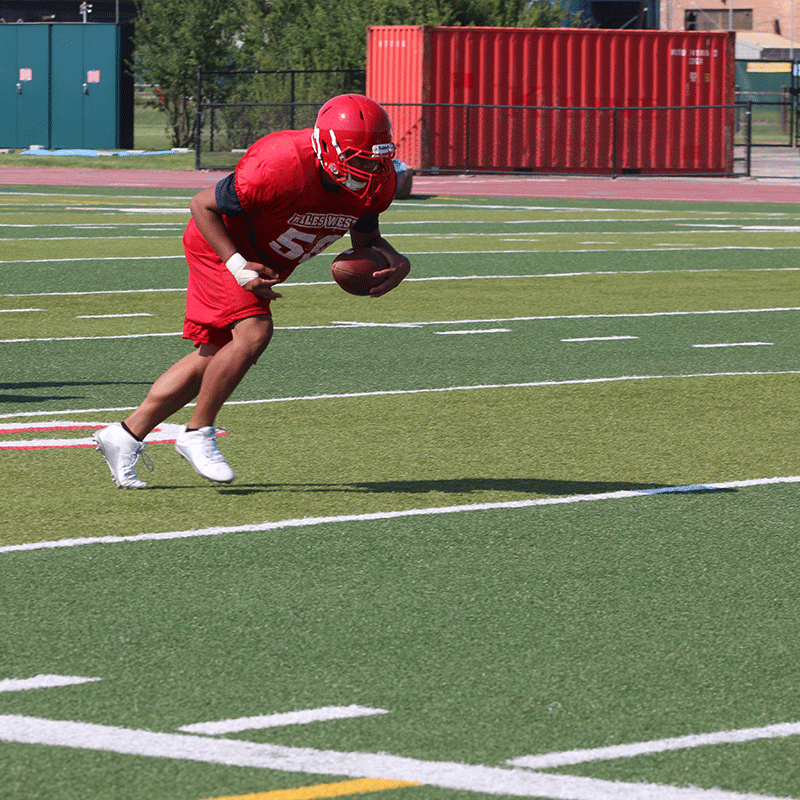
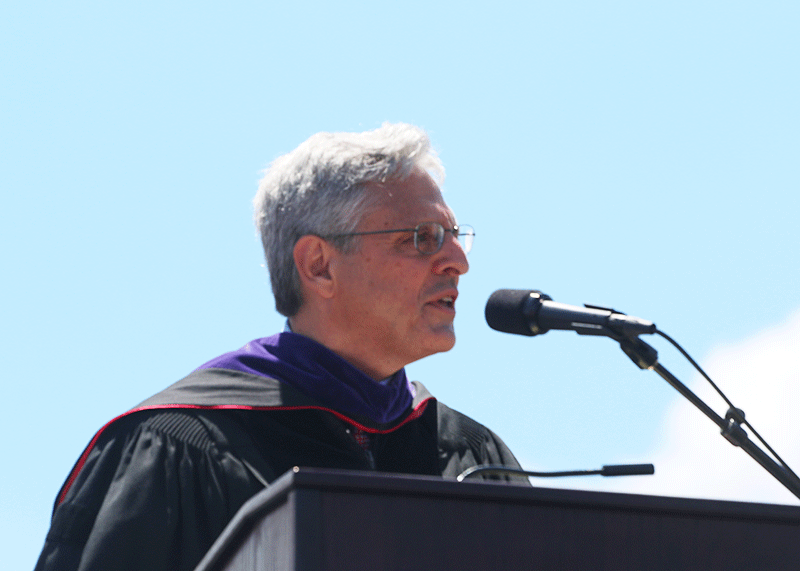
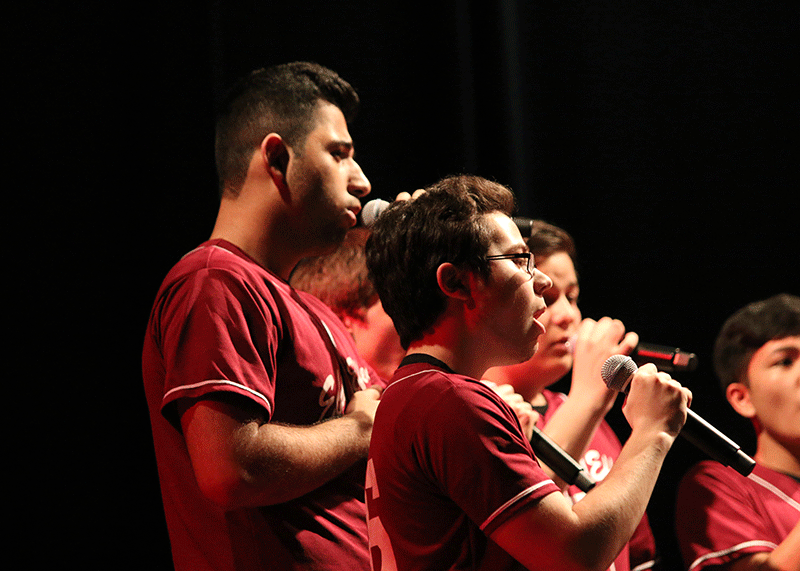
Gabrielle Abesamis • Oct 24, 2012 at 8:18 PM
Great job Alyssa! 🙂
Mrs. B • Oct 24, 2012 at 7:49 PM
I accidentally clicked on one star instead of five. Ignore that…this is a five star article!!!
Anonymous • Oct 24, 2012 at 6:56 PM
I wouldn’t say people are exactly “happy” to be in gym when they’re in high school. I wonder if he’s disappointed by the general student attitude toward gym class.